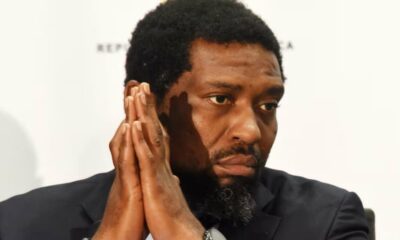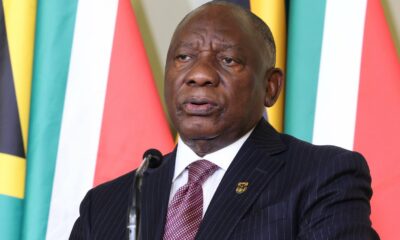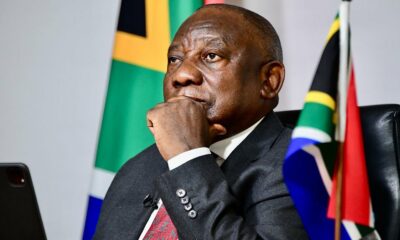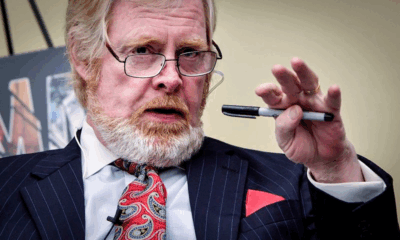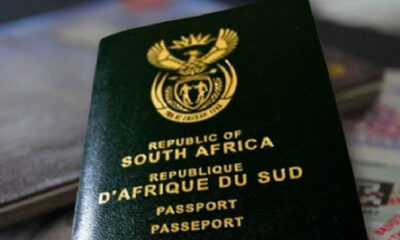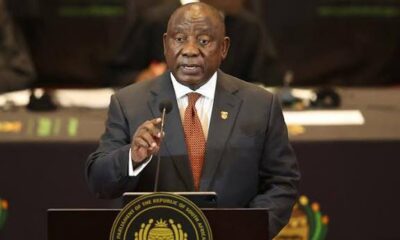News
Washington Turns Up the Heat on South Africa in Latest Human Rights Report
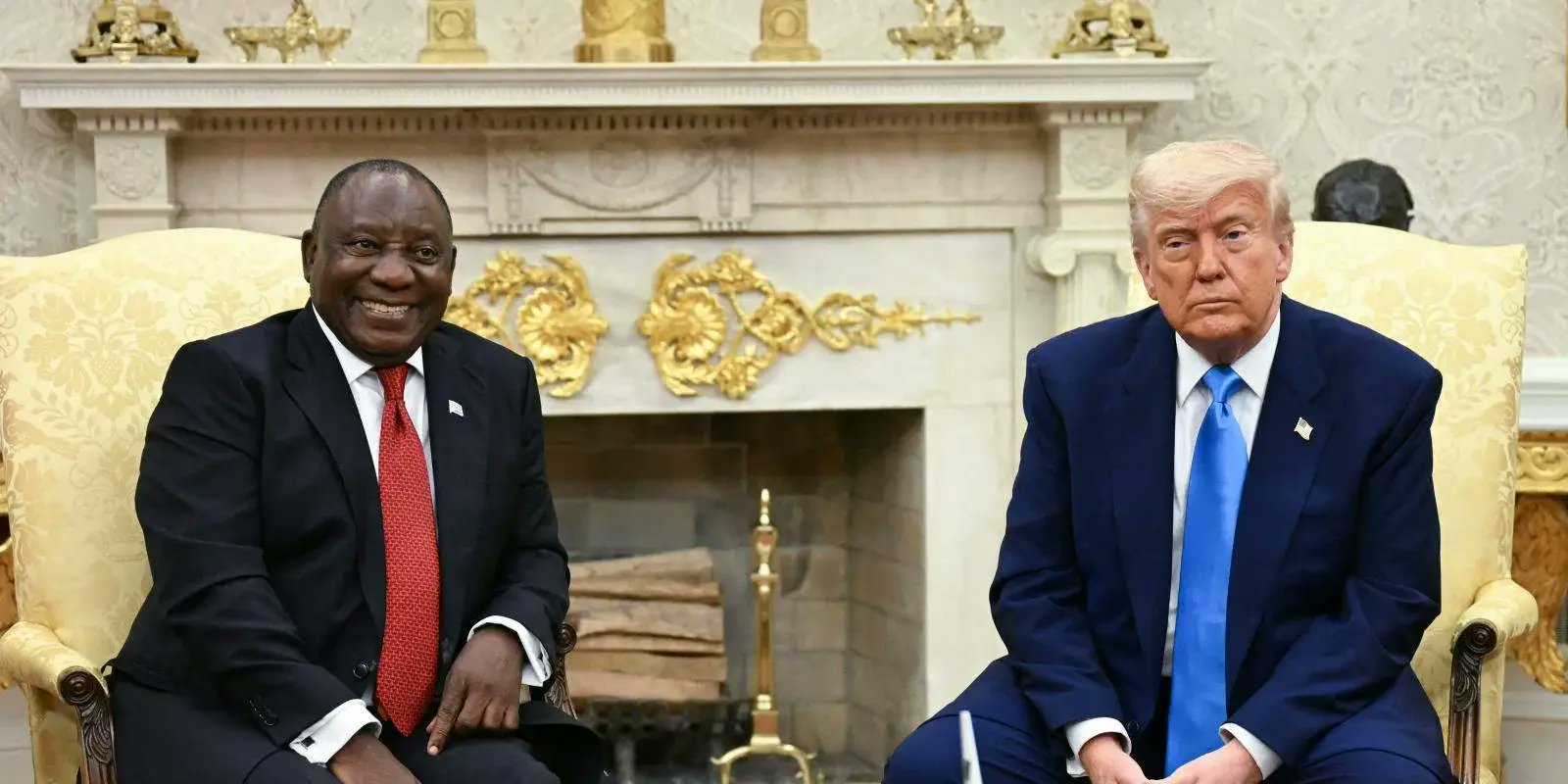
The United States has once again taken aim at South Africa, with its latest human rights report accusing the country of backsliding in 2024. The annual report from the US State Department, now steered by Secretary of State Marco Rubio under President Donald Trump, claimed the human rights situation in South Africa had “significantly worsened” over the past year.
It specifically flagged the government’s steps toward land expropriation involving Afrikaner-owned farms and alleged abuses against racial minorities, an issue that has already strained relations between Pretoria and Washington.
A familiar flashpoint in US–SA relations
Land reform in South Africa has long been a politically charged subject at home and abroad. The US criticism echoes past remarks from Trump, who has repeatedly called the country’s land laws “unjust toward White farmers,” echoing a narrative popularized by his former adviser, billionaire Elon Musk. Both men have been accused of amplifying the controversial and widely disputed “white genocide” conspiracy theory.
Here at home, the debate over land reform is rooted in correcting centuries of dispossession under colonialism and apartheid. Abroad, however, it’s often framed through a narrower, more polarizing lens.
Politics driving the narrative?
The tone of this year’s human rights report appears to reflect Trump’s shifting alliances. Countries seen as allies, such as El Salvador under President Nayib Bukele and Israel under Prime Minister Benjamin Netanyahu, received far softer treatment. The report even dropped references to Netanyahu’s ongoing corruption trial and downplayed earlier concerns over El Salvador’s harsh anti-crime crackdown, despite previous findings of widespread human rights violations.
By contrast, rivals or countries that have recently clashed with Washington, such as South Africa and Brazil, were singled out for tougher language. Brazil was accused of stifling free speech by blocking online content in a way that disproportionately silenced supporters of former president Jair Bolsonaro, another Trump ally currently facing legal troubles.
Reaction and ripple effects
On social media, the US criticism of South Africa has sparked a predictable split. Supporters of the ruling ANC dismissed the report as “political theatre” designed to undermine the country’s sovereignty. Opposition figures, meanwhile, argued that the findings underscore the government’s failure to protect minority rights and manage land reform transparently.
Foreign policy analysts note that the report could have real economic consequences. Washington’s rhetoric often foreshadows trade or diplomatic action, and Trump has already shown he’s willing to hit unfriendly governments where it hurts, Brazil recently faced a 50% tariff hike and sanctions on a Supreme Court justice linked to Bolsonaro’s legal woes.
A bigger question for South Africa
Beyond the politics, the latest US report raises a broader issue for South Africa: how the country is perceived internationally at a time when global alliances are shifting rapidly. Whether or not one agrees with Washington’s assessment, such reports shape investor confidence, diplomatic relationships, and the country’s narrative abroad.
For Pretoria, the challenge will be to address genuine human rights concerns while navigating an increasingly transactional world stage, one where criticism and praise alike are rarely free from political motives.
{Source: The Citizen}
Follow Joburg ETC on Facebook, Twitter , TikTok and Instagram
For more News in Johannesburg, visit joburgetc.com

